I have recently been doing a lot of work around conflict; what causes it, how people react differently in, or to, conflict, and how to recognize when seemingly what may just be an opposing position could escalate to a situation that could potentially damage relationships.
It is a fact of life that we do not always agree with each other. There will be time where we take a position on a situation that may be different to the position of others. What position we take will often be based on a balance of our own understanding of the situation and agenda; our personal value system and motivations, and the potential personal impacts or consequences to ourselves. Likewise, the other parties will be doing the same in choosing their position according to their own understanding and agenda.
Being in opposition is not necessarily a bad thing; if the parties remain objective and rational it can often enable discussion and debate that can inform, innovate, and identify areas of collaboration that allows each party to achieve their own agenda, at least in part. There must be a willingness and capability of each party to share and understand each other’s position, their agendas, in an environment of psychological safety.
When opposition becomes unhealthy, when an individual’s psychological safety, their biological imperative of quality of life (esteem), self-protection and survival, is perceived as under threat. When objective opposition moves to judgmental, it becomes personal and has a high risk of turning to conflict, which on a continuum sits at the unhealthy end. But why do some situations trigger different reactions and behaviors in conflict in different people, and can we predict and manage our own behaviours to avoid the damage to relationships?
Thomas-Kilmann (1977) offers that there are 5 strategies in handling conflict based on Assertiveness, our need to achieve our own agenda versus Cooperativeness, our understanding and interest for the other party to achieve theirs, or a balance of both; Competitive, my agenda not theirs, Collaborating, creating a solution for both agendas, Compromising, settling somewhere between each’s agenda, Avoiding, sidestepping or withdrawing from the issue, or Accommodating where we cede our agenda so that they can achieve theirs. Each strategy has some positive outcomes, but also potential consequences.
Elias Porter 1971, the creator of Strengths Deployment Inventory, whose mantle has now been taken over by Tim Scudder 2001, offers that each of us prefer to operate according to our Motivational Value System (MVS), which is a blend of our Performance, achieving results, People, helping others, and Process, a drive to establish order, orientations. No one is only capable of operating solely in their preferred orientation, but that is where we feel most comfortable and can best leverage our strengths to the team. If our preferred MVS is under threat, however, we may resort to conflict behaviours to try to restore our preferred MVS and the triggers to that perceive that threat. Behaviours that may be seen are Assertiveness, a performance orientation to confront issues and take quick action, Accommodation, a drive to smooth things over and restore harmony, or Analysis where one tries to understand and make logical sense of things. How these manifests may be different, and in what order people move through them.
The penny dropped in several areas:
- Behavior is choice; we choose how we act and react to each other and can develop a better understanding the benefits and consequences of our potential behavioral choices
- If one invests the time and energy to really get to know our colleagues and teams, one can learn to recognize others’ MVSs, to better understand them, we can adjust our own behavior for the optimal outcome
- Conflict can be managed by choosing the appropriate strategy, after showing willingness and capability of each party to share and understand each other’s position
- It is however better for the relationship if we aware of their and our likely triggers in our interactions, for each individual, and avoid them in the first place
I wonder, in this “New Normal” of remote or hybrid working, restricted travel to other offices, and Zoom meetings, we have lost the personal interactions, the corridor conversations, coffee chats, team lunches or a drink after work that allow us to better know and understand our colleagues?
If you don’t really know the people you are working with, it makes it harder to choose how best to work with them, for their interests and yours
Simon Crockett
Founder and Head Coach
To find out more email enquiries@thecareerleadershipacademy.com
References:
Kilmann, R. H., & Thomas, K. W. (1977). Developing a forced-choice measure of conflict-handling behavior: The “MODE” instrument. Educational and Psychological Measurement, 37, 309-325.
Dr Tim Scudder (2021). The complete guide to understanding motives, managing conflicts, and coaching strengths at work, Core Strengths 2021



